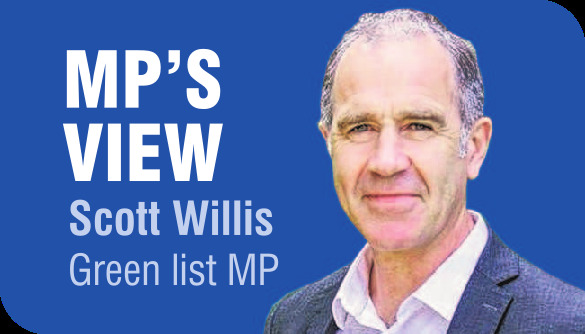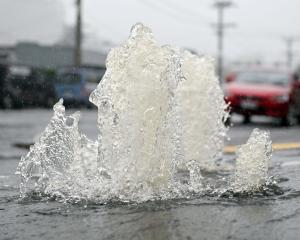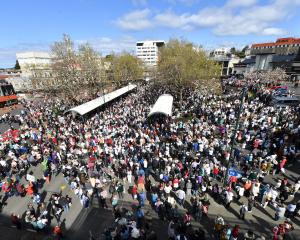
Meeting this challenge will require local leadership and innovation, especially when we have a government dominated by climate denialism.
It’s 2024, with floods, fires and other climate-charged natural disasters occurring at an increasing frequency and intensity, yet we have a minister crowing about expanding coal mines.
Our unique flora and fauna being pushed to extinction for a few dollars will ultimately cost our climate and cost our communities.
However, there is hope.
A lot of the solutions required to turn the tide on climate change can be found locally.
We just need to empower our communities to execute them.
The DCC was clear about the need for central government to support communities in its submission to Parliament on the contentious fast-track legislation.
This legislation looks set to do the complete opposite of supporting our communities by plundering our environment in the name of corporate profit.
This legislation will only add to the burden and pressure our council is currently under by exacerbating the climate risks we face in the future.
This is why the DCC recommended in its submission to make ineligible any projects that would contribute to climate change or get in the way of us meeting our emissions targets.
Instead of looking to fast-track a conveyor belt of projects destined to harm our environment and hurt our chances at a liveable future, the government should be throwing its support behind the community initiatives aimed at enhancing local resilience.
The South Dunedin Future programme is a partnership between the DCC and the Otago Regional Council to provide an enduring solution for South Dunedin as climate impacts become more pronounced.
The government needs to come to the table with support for this critical, locally-led initiative.
However, we cannot wait for the government to wake up to the reality of the climate crisis.
We must forge on with the work we can do, the work that needs to be done to ensure we are prepared for the challenges that lie ahead of us.
In the absence of any national leadership, it is clear that local leadership will be essential in building the zero-carbon city we know we deserve.














